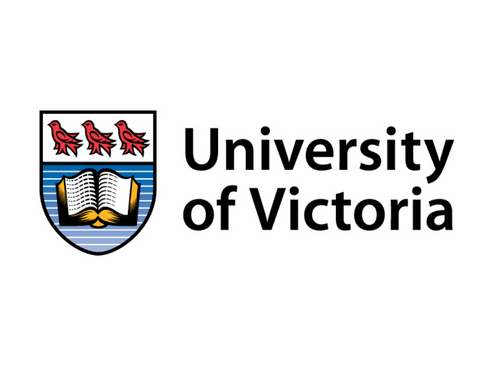The Indigenous Advancement of Cultural Entrepreneurship (I-ACE) program is Canada's only Indigenous co-designed and community delivered entrepreneurship program. The I-ACE program is a partnership between Tribal Resources Investment Corporation (TRICORP), a First Nations-owned lending institution based in Northwest British Columbia, the University of Victoria’s Gustavson School of Business, and numerous Indigenous communities and governments. It is delivered in-community over the course of 26 weeks and provides prospective Indigenous entrepreneurs with the skills needed to successfully start and manage a business, serve the community with confidence, and foster economic development without foregoing traditional values. The vision of the I-ACE program is “to enable Indigenous people to take their rightful place in the Canadian economy as the original Canadian entrepreneurs”.
Since its launch in 2013, the I-ACE program has been delivered in the territories of 78 Indigenous communities and Nations across Canada, has graduated 55 cohorts of 789 Indigenous entrepreneurs who have now started and are running 256 businesses. The objective of the partnership underpinning the I-ACE program is to clearly understand the uniqueness of each Indigenous student’s needs and interests, providing the right information (culturally appropriate) at the right time and place (delivered in-community) using the right method (visual learning and storytelling). The success of this approach is reflected in the number of businesses launched by graduates of the program, as well as in the numerous international, national and regional awards it has received, including two major global awards and a provincial award recognizing the I-ACE program’s contribution to economic reconciliation.






















